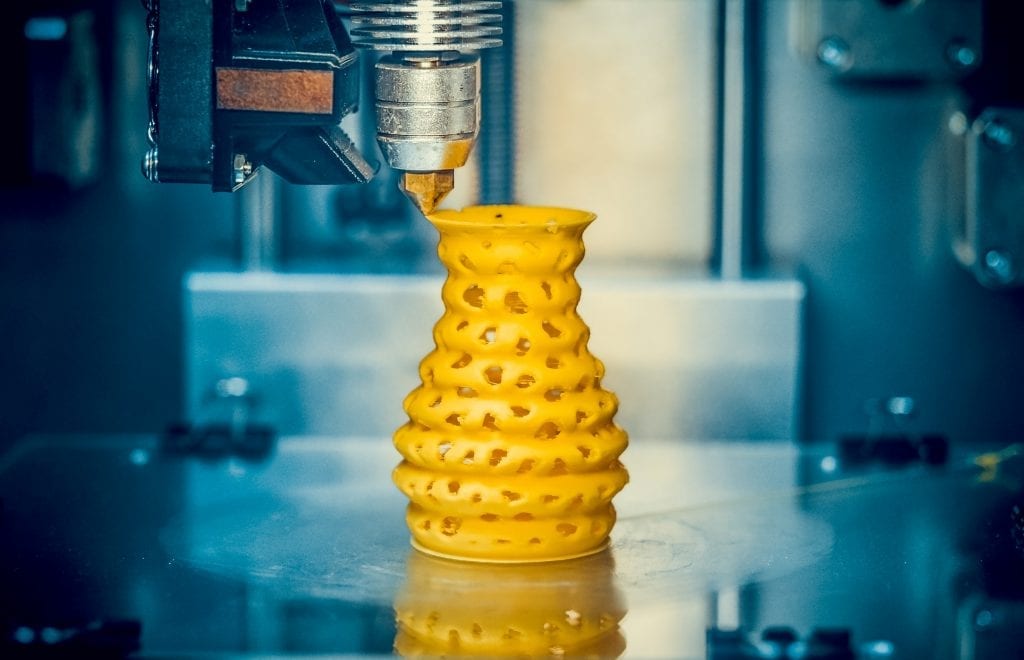
The Promising Future of Hemp Industry in Belgium
Belgium has a long history of hemp cultivation and production, dating back to the 16th century. Today, the country is in a unique position to capitalize on the growing global demand for hemp products. With its favorable climate and fertile soil, Belgium has the potential to become a major player in the hemp industry, creating jobs and boosting the local economy. However, to realize this potential, it is essential to build a strong and skilled workforce that can meet the increasing demand for hemp products. In this article, we will explore the benefits of hemp, the role it can play in addressing global challenges, and the importance of building partnerships and networks to develop a strong hemp industry in Belgium.
The Benefits of Hemp: From Renewable Resource to Sustainable Economy
Hemp is a versatile plant that can be used for a wide range of products, from textiles and paper to food and fuel. It is also a renewable resource that can be grown without the need for harmful pesticides or fertilizers, making it an environmentally friendly alternative to other crops. Hemp also has a short growing cycle, making it an ideal crop for farmers looking to diversify their crops and increase their yields.
The Role of Hemp in Addressing Global Challenges: Climate Change, Health and More
In addition to its economic benefits, hemp can also play a crucial role in addressing global challenges such as climate change and health. Hemp can be used to produce biofuels, reducing our dependence on fossil fuels and lowering carbon emissions. It is also a source of protein and essential fatty acids, making it a valuable addition to our diets. Hemp has also been shown to have medicinal properties, with potential applications in the treatment of a range of conditions, including epilepsy, cancer, and chronic pain.
Uniting for Hemp: The Key to Building a Strong Workforce in Belgium
To build a strong hemp industry in Belgium, it is essential to unite farmers, businesses, and workers to share knowledge, resources, and expertise. By working together, we can develop the skills and expertise needed to produce high-quality hemp products and meet the growing global demand for hemp. This includes training programs and workshops that provide farmers with the knowledge and skills needed to grow hemp, as well as education and training for workers in the hemp processing and manufacturing industries.
The Growing Demand for Hemp Products: Opportunities for Businesses and Workers
The global demand for hemp products is growing rapidly, with a wide range of applications in industries such as textiles, food, cosmetics, and construction. This presents a significant opportunity for businesses and workers in Belgium to capitalize on this demand and create new jobs and economic growth. For example, hemp can be used to produce high-quality textiles that are durable, breathable, and eco-friendly, providing an alternative to synthetic fabrics that are harmful to the environment.
Developing the Skills and Expertise: Training Programs and Workshops
To meet the growing demand for hemp products, it is essential to develop the skills and expertise needed to produce high-quality products. This includes training programs and workshops that provide farmers and workers with the knowledge and skills needed to grow, process, and manufacture hemp products. By investing in education and training, we can build a skilled and experienced workforce that can meet the needs of the hemp industry in Belgium.
Creating Jobs and Boosting the Local Economy: The Ripple Effect of Hemp Industry
The growth of the hemp industry in Belgium has the potential to create new jobs and boost the local economy. This includes jobs in farming, processing, manufacturing, and distribution. In addition, the growth of the hemp industry can have a ripple effect on other industries, such as transportation and logistics, providing additional economic benefits to the region.
The Importance of Collaboration: Building Partnerships and Networks
Building a strong hemp industry in Belgium requires collaboration and partnerships between farmers, businesses, and workers. This includes sharing knowledge, resources, and expertise to develop the skills and expertise needed to produce high-quality hemp products. By building partnerships and networks, we can create a supportive and collaborative environment that fosters innovation and growth in the hemp industry.
Overcoming Challenges: Addressing Misconceptions and Legal Barriers
Despite the many benefits of hemp, there are still misconceptions and legal barriers that must be addressed. This includes overcoming the stigma associated with hemp and educating the public on its many uses and benefits. It also requires addressing legal barriers that may prevent farmers and businesses from growing and producing hemp products. By working together to address these challenges, we can build a strong and vibrant hemp industry in Belgium.
Leading the Way: Successful Examples of Hemp Industry in Europe and Beyond
There are many successful examples of the hemp industry in Europe and beyond, providing inspiration and lessons for the development of the hemp industry in Belgium. For example, the Netherlands has a thriving hemp industry, with a focus on sustainable and organic production methods. In Canada, the hemp industry has created new jobs and economic growth, with a focus on high-quality products and innovation.
The Future of Hemp in Belgium: Opportunities, Challenges and Solutions
The future of the hemp industry in Belgium is bright, with many opportunities for growth and innovation. However, there are also challenges to overcome, including the need to build a skilled workforce, address legal barriers, and overcome misconceptions about hemp. By working together and investing in education and training, we can build a strong and sustainable hemp industry in Belgium that provides new jobs and economic growth for the region.
Join the Movement for Hemp and Build a Sustainable Economy in Belgium
The hemp industry has the potential to be a major driver of economic growth and sustainability in Belgium. By building a strong and skilled workforce, we can meet the growing global demand for hemp products and create new jobs and economic opportunities for the region. Join the movement for hemp and help build a sustainable economy in Belgium. Together, we can create a brighter future for our communities and our planet.





